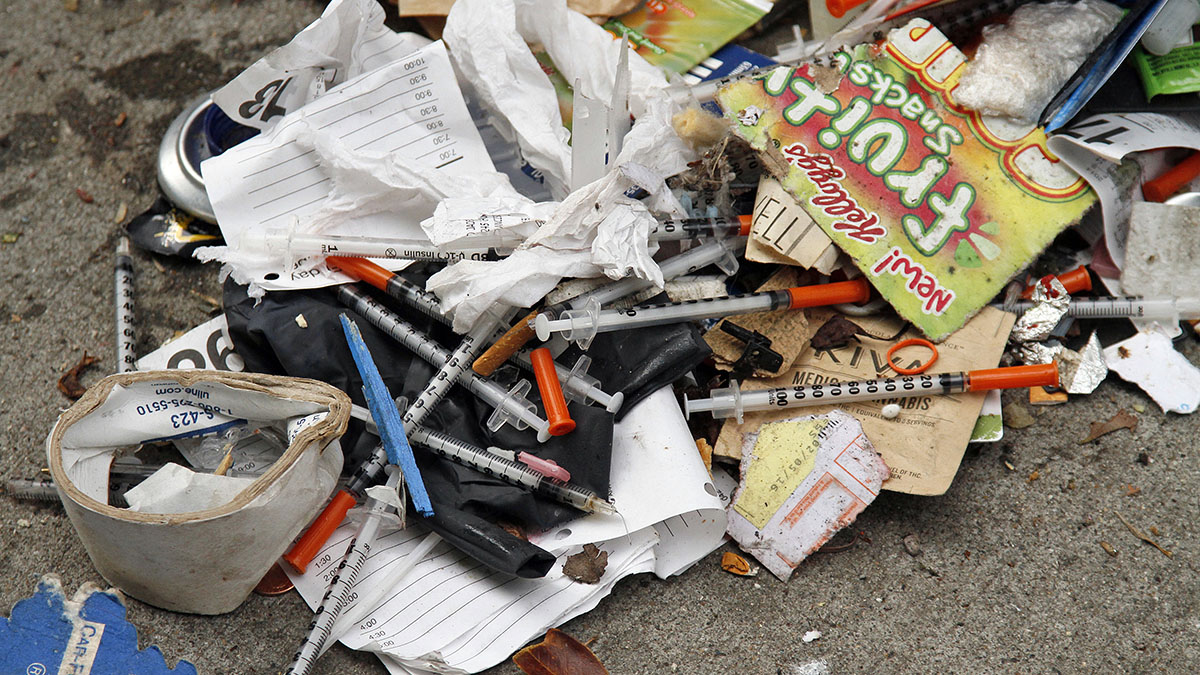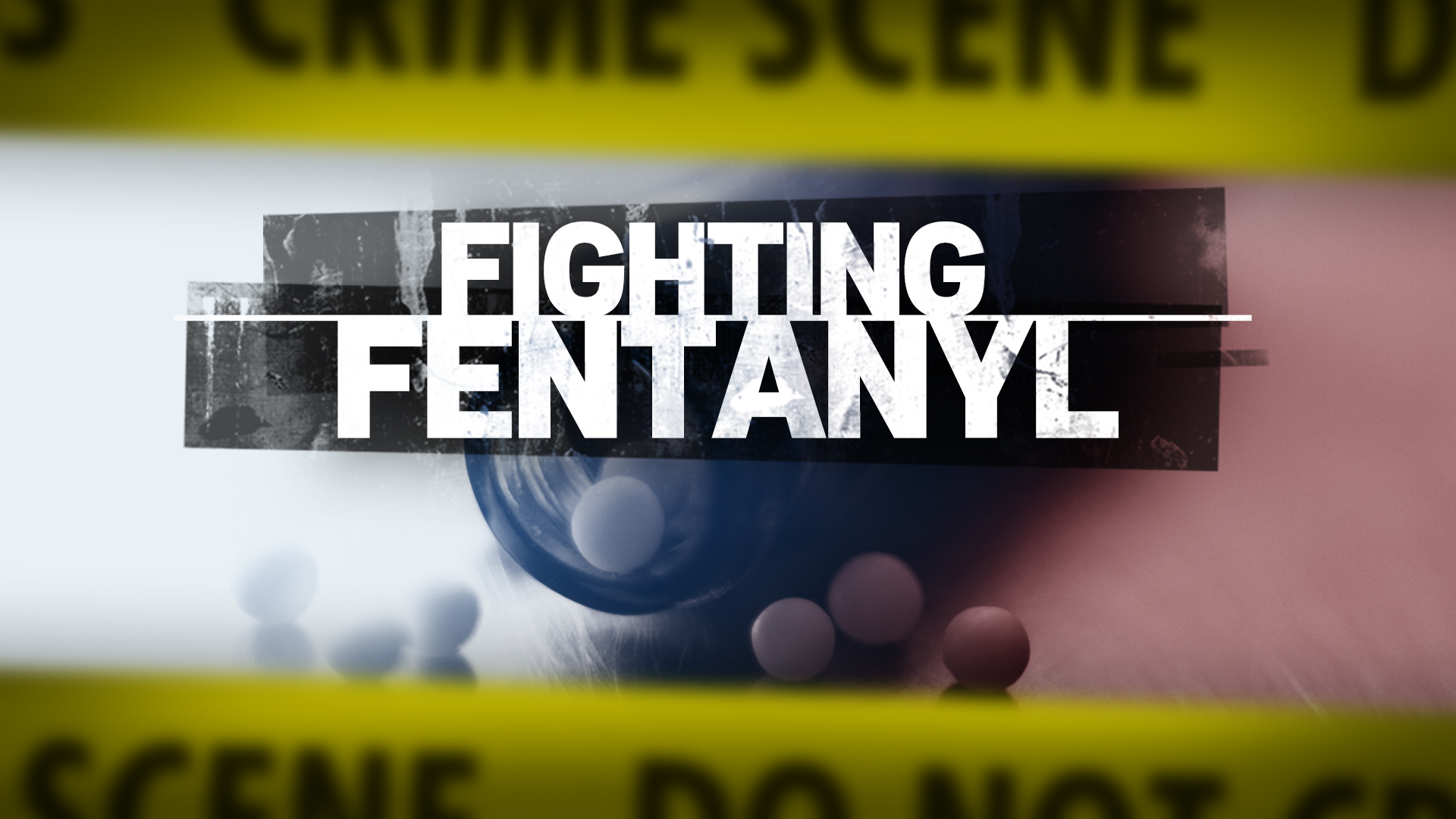For the first time in years, San Francisco’s entertainment and nightlife industries are getting together in person to talk about their roadmaps in a new normal. But Tuesday’s entertainment summit ended up focusing not just on pandemic recovery, but also on how to address a surging fentanyl crisis.
San Francisco Entertainment Commission President Ben Bleiman said that he can no longer turn a blind eye to a huge issue as overdoses in the city’s bars and clubs have become all too common. He added that as a bar owner and industry leader, he has a front seat to the crisis.
“They consumed it, in their normal way. From their normal person and it was laced with fentanyl and all three of them passed away immediately,” he said.
Get a weekly recap of the latest San Francisco Bay Area housing news. Sign up for NBC Bay Area’s Housing Deconstructed newsletter.
For an industry hard hit by the pandemic, this new issue has become another unexpected challenge to recovery.
“I will continue to work with the entertainment commission to do everything that we can, to make sure we are making the right investments and the right changes to policies, to make it easier for us to have fun again,” said San Francisco Mayor London Breed.
The crowds are starting to return. But no one is celebrating just yet.
San Francisco Entertainment Commission estimates some $450 million of unpaid commercial rent in the city. Many businesses in nightlife are in tens, if not hundreds, of thousands of dollars in debt.
Ted Egan, the city’s chief economist said that a full recovery will likely not happen quickly.
"Last month, our economy was growing at 10 % clip monthly. So, if that continues, we should be back to full employment by sometime next year to pre-COVID employment, but we’ve lagged in other places," he said. "A lot of other indicators are not as strong as they were at the start of the pandemic."
Now, some owners said that a full recovery means training employees to do more than take a customer's drink order.
“We just need to learn how to do Narcan because we’re on the frontlines for this, and waiting for the EMT to come or the police can often be too late,” Bleiman said.



